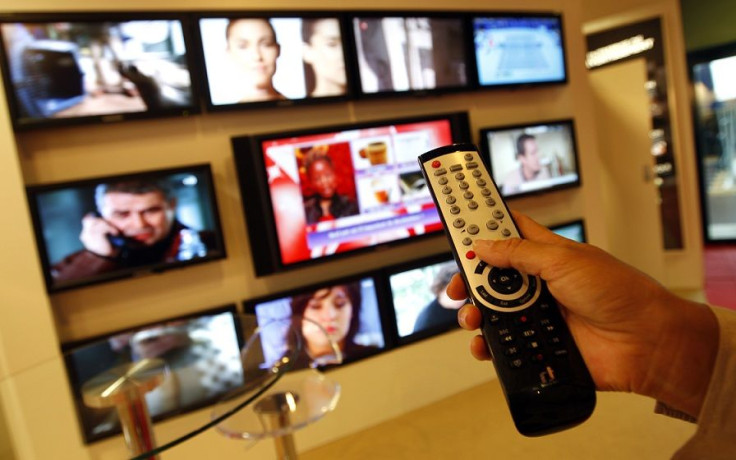NBC Affiliate Blackout Intensifies Fierce Battle Over Retransmission Consent Fees

Nothing incites mudslinging like a TV carriage dispute. Over the weekend, when a relatively obscure contract battle between a small cable company and an independent broadcaster led to the blackout of three NBC affiliates in the Midwest, industry trade groups were quick to seize the opportunity to call out one of the most controversial areas of the pay-TV sphere: the “retransmission consent” fees that broadcast networks charge cable and satellite providers. Such fees, which were uncommon a decade ago, are expected to skyrocket to $9.3 billion by 2020, according to a much-cited report from SNL Kagan, and cable companies are saying enough is enough.
“This blackout is just the latest in a growing national scourge as broadcasters use old laws to gouge consumers for what is supposed to be ‘free’ over-the-air programming,” said a statement from the American Television Alliance, a coalition of pay-TV providers, trade associations and other cable interests. “It’s time for Congress to end these broadcaster special interest giveaways so TV fans get their shows instead of a black screen.”
The carriage dispute in question is between Granite Broadcasting Corp., a privately owned media company, and Mediacom, a cable provider serving mostly smaller markets in the Midwest and South. As Fierce Cable reported, three Granite-owned TV stations went dark Sunday after the two sides could not reach an agreement for a new carriage contract. The stations in question were all NBC affiliates: KJBR-TV in Duluth, Minnesota; WISE-TV in Fort Wayne, Indiana, and WEEK-TV in Peoria, Illinois.
In standard carriage-dispute fashion, both sides are blaming the other for the blackout. In a statement to International Business Times, Mediacom said there have been more than 300 broadcast blackouts since the beginning of 2012 and pointed the finger at rising retransmission fees. “Broadcast station owners are exploiting outdated laws to extract billions of dollars annually from consumers, and holding events like the Stanley Cup Finals hostage, in the case of Granite, when they don't get their way,” the company said.
Granite disagrees. In a statement on one of its websites, it said it has been trying feverishly to reach a fair agreement and has been so far disappointed by the lack of progress. “[W]e have successfully reached deals with every major cable, satellite and telecommunications company that recognizes our fair market value,” the company said.
‘Must Carry’ Doesn’t Mean ‘Must Pay’
Because broadcast networks are available over the airwaves for free, they are protected by “must carry” laws, meaning pay-TV providers are required to carry their signal. But they’re not required to pay for those signals, and for a long time they didn’t. Then in 1992 something controversial happened: The Cable Act gave broadcasters the option of negotiating with pay-TV providers for retransmission consent fees instead of exercising their must-carry rights. Cable providers resisted the fees for years, but eventually lost as broadcasters sought new forms of revenue to supplement advertising dollars.
Cable operators point to the fees as one of the main reasons the average cable bill keeps going up, but broadcasters say that argument is a smokescreen to divert attention from the myriad industry-triggered factors contributing to the rise of cable bills.
“Pay-TV prices have risen by more than twice the rate of inflation for nearly two decades not because of the popularity of broadcast television, but because of pay-TV price gouging, excessive equipment rental fees and deceptive business practices," said Robert Kenny, a spokesman for TVfreedom.org, a coalition backed by the broadcasting industry. “As Consumer Reports has noted, the pay-TV industry as a whole has one of the worst customer service records of any business sector in America. When you look at the facts, the excuse that most-watched local broadcast channels are to blame for rising monthly pay-TV bills just doesn’t hold water.”
Christopher Zara is a senior writer who covers media and culture. News tips? Email me here. Follow me on Twitter @christopherzara.
© Copyright IBTimes 2024. All rights reserved.






















